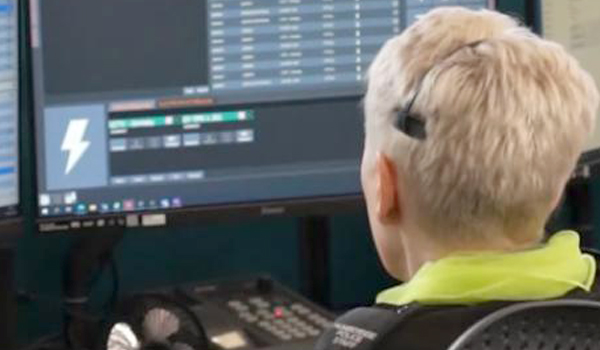Training launched to help investigate criminal activity on dark web
New training has been developed by the College of Policing to help frontline teams learn how the dark web and metaverse are used for criminal activity.
The college says navigating the dark web can be “challenging for frontline teams”.
The new training, developed by the college’s Digital Intelligence and Investigation Programme, will help staff to:
- Recognise the differences between the surface web, deep web and dark web;
- Identify what can be found on the dark web;
- Summarise how anonymising software works;
- Recognise how the metaverse is used in conjunction with the dark web; and
- Provide insight into the risks of the dark web and how to stay safe.
“The web, or surface web as it’s known, is made up of public-facing websites that can be searched for and accessed easily,” says the college.
“The deep web sits below the surface web and houses content that requires a login or lives behind a paywall. This includes things such online banking, private social media and subscription services.
“The dark web sits below the deep web. It’s made up of hidden sites that are accessed using specially designed, anonymising browser software. Using it is not illegal and it has legitimate uses making it challenging to identify if a crime is being committed.
“Once connected to the dark web, there are search engines that can help users find sites. Knowing what to look out for is a key part of the new training.
“People often use the dark web to bypass internet restrictions and to avoid potential surveillance. The dark web can mask illegal activity and offers criminals an ideal environment to operate.”
Illegal activities highlighted by the college can include drug dealing, the sale of weapons and bomb making equipment, and stolen personal and financial data.
Sites hosting child sexual abuse material can also be found on the dark web.
“If you’re investigating a crime, there are key things to look out for that could indicate activity associated with the dark web,” says the college.
“The training supports frontline officers, staff and volunteers. It raises awareness of, and responds to, digital elements of investigations.”
The new training on the dark web is available on College Learn.
The college’s Digital Intelligence and Investigation Programme has also developed training on ‘deep fake’ content.
Deep fakes are a way of changing how people look and sound in media using artificial intelligence. Deep fake content such as images or sound make it difficult to identify people, and staff need to try and keep one step ahead of the criminals exploiting this technology, the college says.
It adds: “Advances in technology mean how we look or sound can be manipulated. The person we see or hear may not be that person. They may look and sound the same, but what they are saying or doing isn’t real.
“The fast pace of technological advances in this area brings challenges for officers and staff identifying and investigating crimes involving deep fakes.
The new digital training on deep fakes helps officers and staff to identify:
- What a deep fake is;
- How deep fakes enable illegal activities;
- How to spot a deep fake;
- How frontline officers and staff can respond; and
- How to provide victim care and safeguarding.
“Deep fake content is easy for anyone to create using low cost or free applications,” said the college.
“Software is readily available and it’s often impossible to tell genuine content from fake content, even if it’s someone you know well.”
The National Policing Digital Strategy 2020-2030 identifies that more than 90 per cent of reported crime now has a digital element.
“This poses both challenges and opportunities for police investigations.”
The training on deep fake images and sound is available on College Learn.


